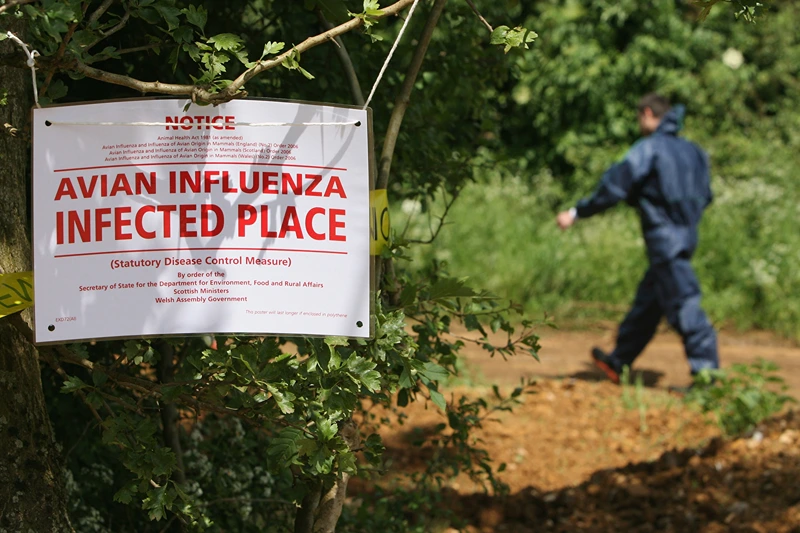
OAN’s Abril Elfi
4:24 PM – Wednesday, April 10, 2024
Some birds in New York City parks and green spaces have reportedly been detected to have Bird Flu.
A postdoctoral fellow at Icahn School of Medicine, Philip Meade, stated that bird flu has been found in several geese, a peregrine falcon, a red-tailed hawk, and a chicken in Marcus Garvey Park in New York.
However, according to reports, only two humans have been infected so far in the United States since 2022, including a case that was reported earlier this month in Texas.
The Centers for Disease Control Prevention (CDC) said that a patient in Texas had been in close contact with dairy cows that were presumably infected with “H5N1.” They also stated that the patient in 2022 was a Colorado poultry worker.
“You’re not gonna walk past a sick goose and get the bird flu. It won’t work like that,” Meade said. “Precautions that everybody should be taking would be just to limit contact with wildlife … You shouldn’t be running up to a Canada goose and trying to catch it.”
The two recent human cases, according to health officials, were both “minor.”
According to the CDC, there is “currently no evidence of bird flu spreading among humans.”
For information about sick or dead raptors or aquatic birds in the city, contact the state Department of Environmental Conservation at (518) 478-2203 or (718) 482-4922. You can report dead or sick poultry by calling the Department of Agriculture and Markets in the state at (518) 457-3502.
Call 3-1-1 if you notice ten or more dead birds in one location.
Stay informed! Receive breaking news blasts directly to your inbox for free. Subscribe here. https://www.oann.com/alerts

